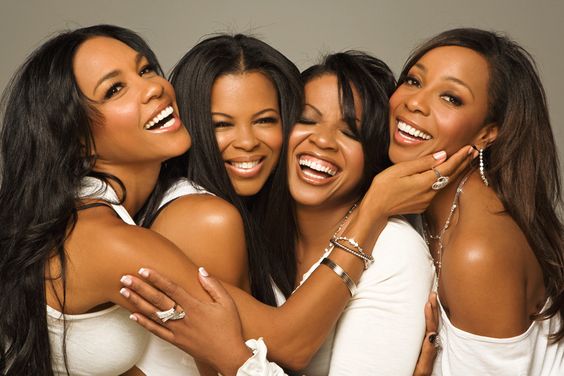



“We are strongly encouraged not to judge so strongly on appearances”.
YOU may not have expected the greatest philosophers of history to make rash superficial judgments. Yet, the art of Physiognomy has been practiced for centuries and with it, the belief that facial appearance and personality are linked.
Even going back to the Ancient Greeks, Aristotle created a volume of deductions, including this wild one: “Soft hair indicates cowardice and coarse hair courage.”
But in this day and age, we are strongly encouraged not to judge so strongly on appearances. It’s true we shouldn’t be quick to judge a book by its cover, but modern psychologists have discovered scientific links between facial features and personality types.
Carmen Lefevre of Northumbria University poses the following explanation: “The idea is that our biology, like genes and hormone levels, influences our growth, and the same mechanisms will also shape our character.”
So, even with your stone cold poker face, these studies may reveal a surprising amount about your true character!

When it comes to facial bone structure, it’s relatively easy to distinguish between short and wide or long or thin. Interestingly, research has found these may reflect hormonal balance. Wider-faced individuals with large cheekbones commonly have higher testosterone than those with long and thin structures.
These raised testosterone levels can also be attributed to assertive and sometimes, aggressive personality types. What’s more, wider faces may even be less trustworthy! One study of hockey players found grounds that wider-faced individuals were more likely to cheat and spent more time in penalty boxes!
Wider facial structure and dominance has even been seen across different species. For example, Capuchin monkeys with wider faces are naturally found higher in the hierarchy of their groups.
If you’re curious to calculate yours, measure the distance from ear to ear then compare it to the distance from your upper lip to the top of your eyes. As a general guideline, the average width to height ratio is approximately 2.

Many consider the eyes to be the window into our souls, and as it turns out, they can provide an interesting insight.
Since everyone’s eyes are so vastly different, the scientists from Orebro University chose to investigate the connection between iris patterns and personality types. During their study, there was a noteworthy finding involving the eye’s crypts (the small clusters around the pupils).
They discovered that those with densely packed the crypts were most likely to have a warmer, more trustworthy personality types. However, those with less tightly contracted crypts were more likely to have neurotic personalities.
There has also been a number of fascinating findings related to the colors of eyes. Specifically, darker hues are caused by higher concentrations of melanin, which can affect brain functions.
Having higher melanin levels is believed indicate increased connections between brain cells, resulting in greater efficiency. Supporting studies found even found that darker eyed individuals had faster reaction speeds!
Further studies found browned-eye people were more sensitive to alcohol consumption than lighter colors. This could explain how you can drink your darker-eyed friends under the table so easily!

The Journal of Craniofacial Surgery published a study in 2013 that found a correlation between nose size and personality types. It appears that the connective tissue and bone structure of our noses may reflect the natural born leaders among us!
Individuals with larger noses were more like to have more confident, self-reliant and ambitious personalities. They were less likely to let their emotions get the better of them and faster at thinking on their feet. All of which are hallmark characteristics of leaders.
But it’s not just about size, the tip of the nose also has a story to tell. Participants with neutral nose tips, neither sharp nor round, were seen to have the most endearing personality types, more mild-tempered and sweeter.
Evidently, our genes and hormones do greatly influence tendencies and facial features. But before you get too caught up in the science, remember the fact we are not merely products of biology. Our true personalities are defined as we choose to cultivate them. –By Joseph Summers
lifehack.org
Follow us on Twitter @FingazLive and on Facebook – The Financial Gazette